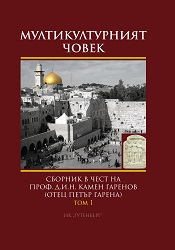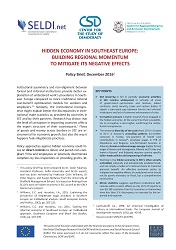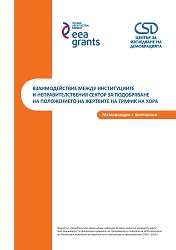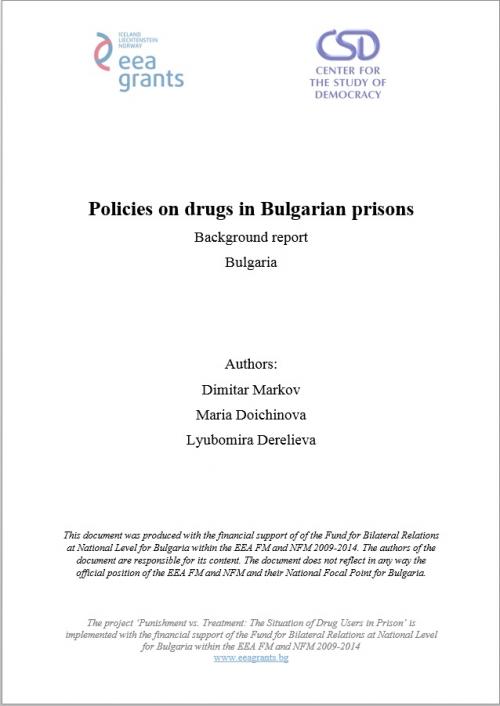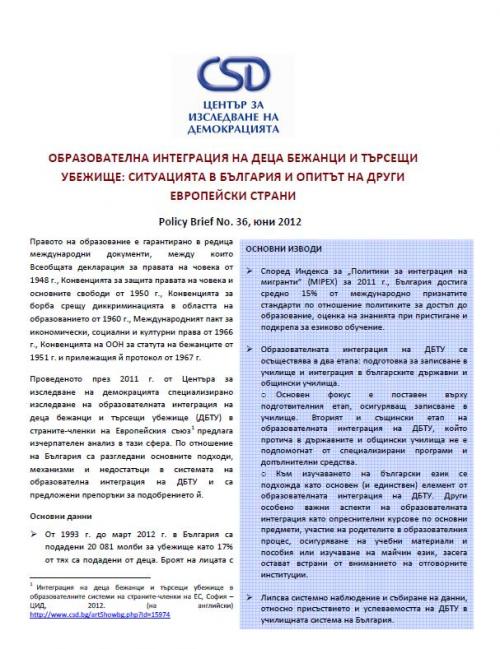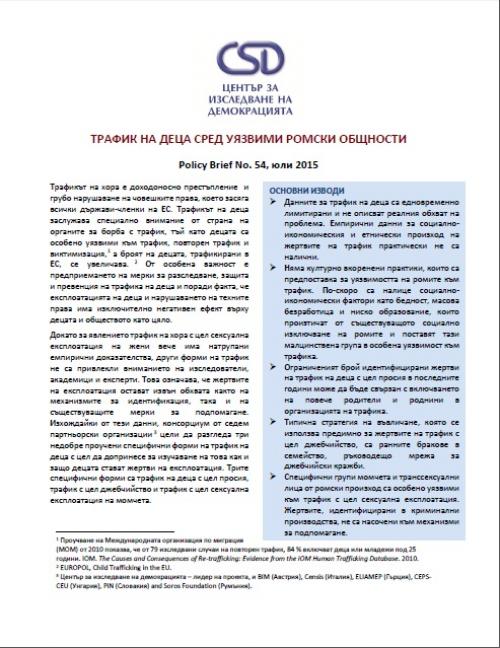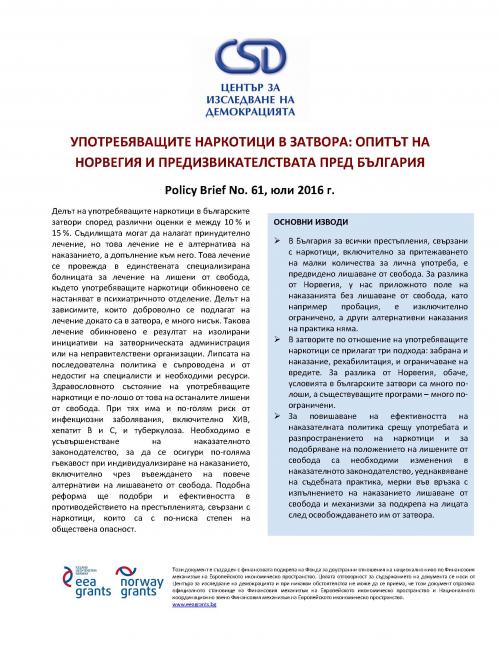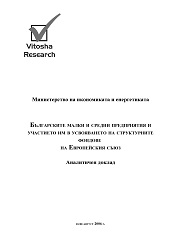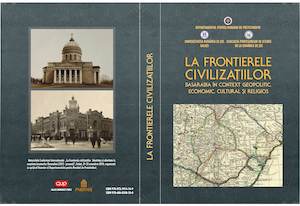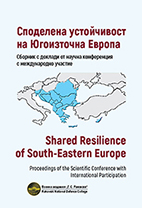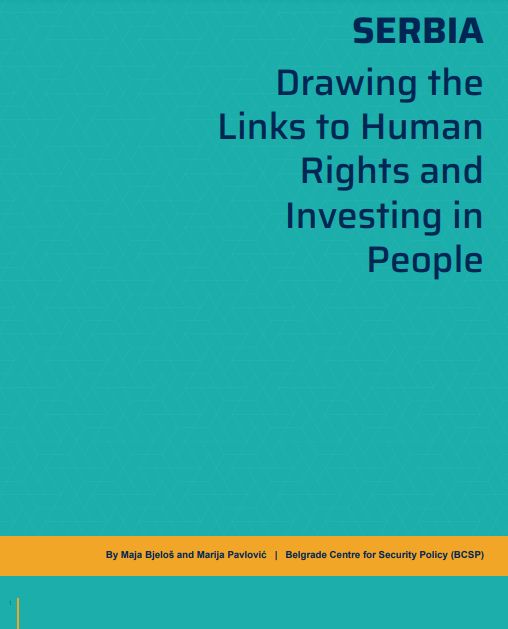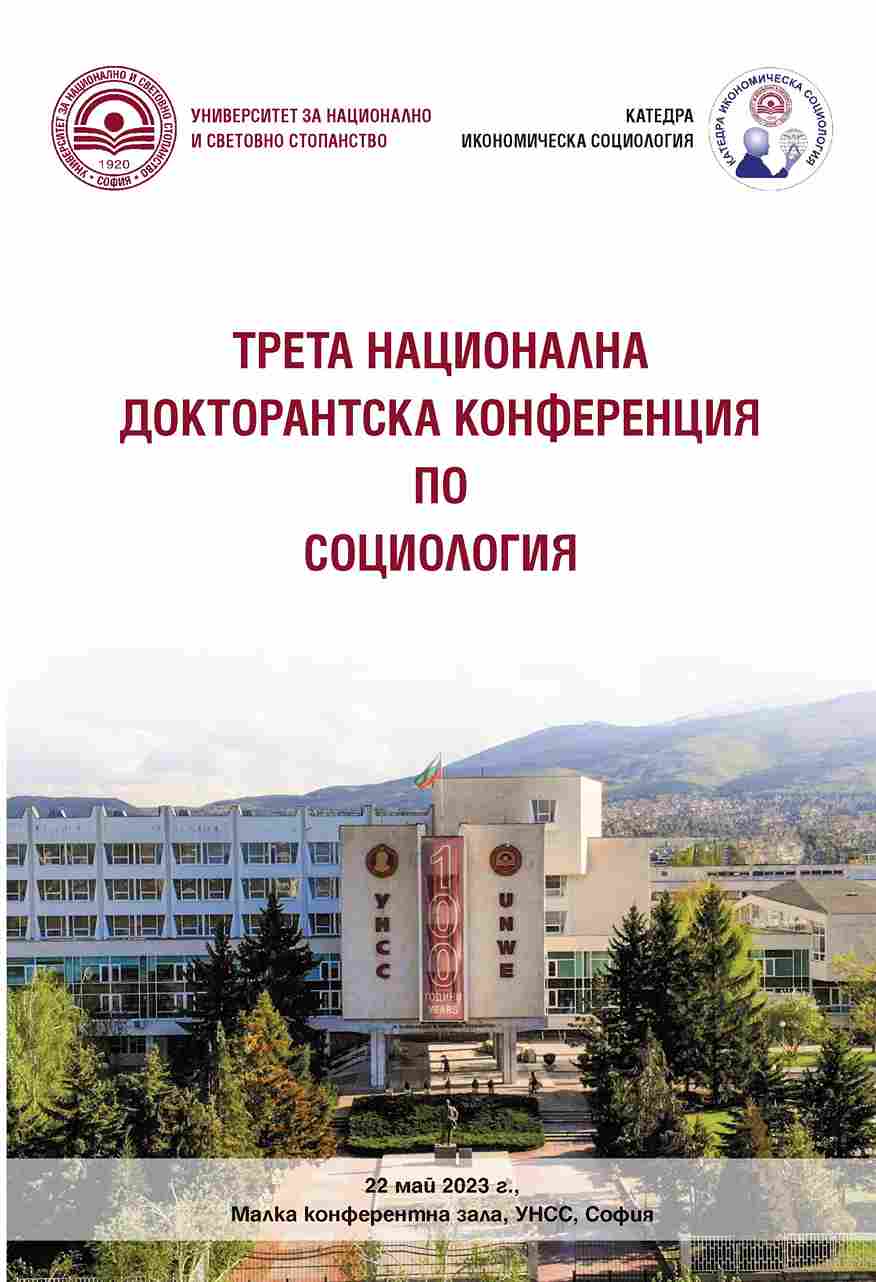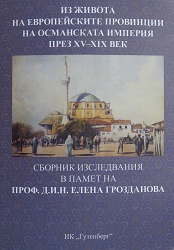
Общи наблюдения за географското разпределение и числения състав на войнушкото население в българските и съседните им земи в края на XV - първата половина на XVI век
The paper presents new data on the total number of the voynuk population in Eastern Rumelia in the first half of the 16th century, based on an unpublished voynuk register from 1528/29, and two concise registers of the population in Rumelia from 1530. The registry data also allow to calculate the approximate percentage of voynuks, the population, exempted from avariz,and the ordinary reaya who were registered in the Bulgarian lands in 1528-11530. The paper also examines the changes from the early years of the region of Suleiman the Magnificent when service of voyunks in the sncaks of Valchitran, Kyustendil and the region of Epirus was abolished. The voyunks in the sancak of Valchitran were transformed into ordinary reaya, but those of the sancak of Kyustendil and the region of Epirus were recorded as taxpayers in the hases of Sultan and their organization was preserved.
More...
